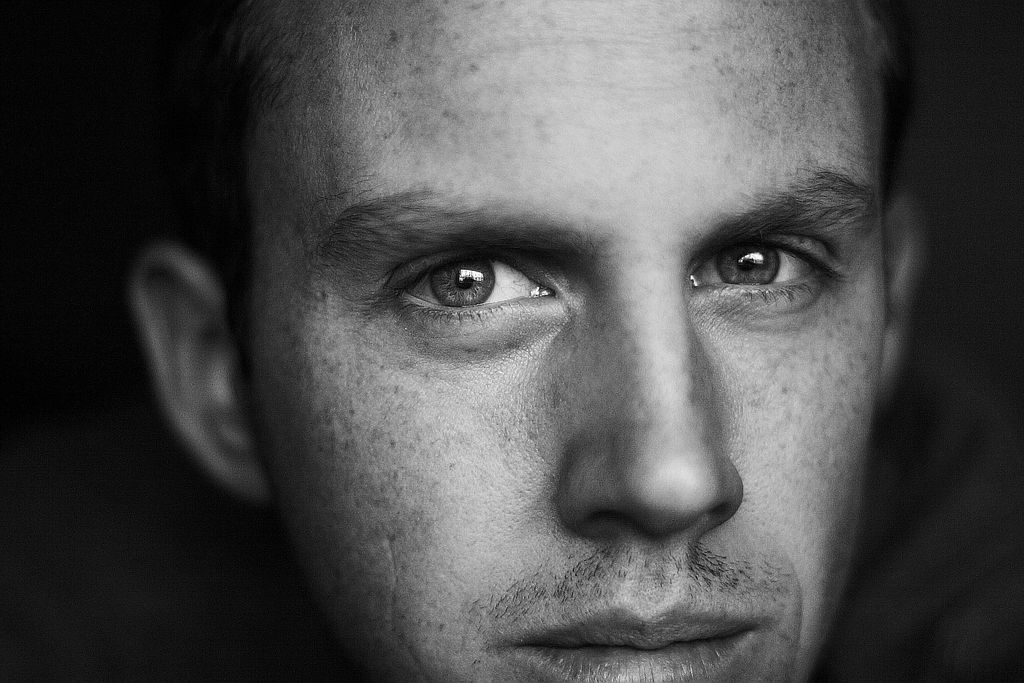One of the most challenging questions that I am often asked is, “Where are you from?”
My usual disconcerting reply is, “Do you want the short or the long version?”
It’s always a challenge to respond to this question when you don’t feel a sense of loyalty or affiliation to a specific culture or place of origin. For the longest time, I felt like an anomaly, ashamed and unsettled about not having a defined cultural identity.
I perpetually felt like an outsider because, no matter how hard I tried, I could never quite fit into the traditional mold. It was not until I traveled away from home for college and entered a diverse environment when I began perceiving myself differently.
My horizons were instantly broadened after being immersed into an international community of students. It was in this melting pot of cultures that I was able to find my own tribe (who I later found out are known as Third Culture Kids), who were facing the same dilemma as I was.
Third Culture Kids refer to individuals who are raised in a country for a significant portion of their life that is outside their parent’s culture. Because they have never lived in their home country, they usually don’t identify with the majority of the customs and the mindset of their people.
As you can imagine, a person who has had this kind of upbringing is easily prone to feeling displaced and seeing themselves as misfits. This often brings up feelings of loneliness due to a lack of a sense of belonging and comfort that comes from being part of a defined group.
This was certainly the case for me in the past, but after discovering that there were other people out there who were just like me, I felt accepted and validated. I stopped seeing my inability to acclimate to my culture as a weakness or as an act of insolence.
I began perceiving my multi-cultural identity as a strength that made me adaptable and understanding towards different ways of living. My openness and curiosity about foreign lands gave me the social graces and motivation to seek friendship with people from different backgrounds, races and countries. This has added incredible depth and a rich texture to my life experiences.
When I started becoming comfortable in my global cultural identity, the awkwardness that I used to feel faded away, and I was able to position this aspect of my persona as an asset, both in my personal and professional life.
By identifying myself as a citizen of the world, I also developed a sense of responsibility towards raising awareness about pertinent global issues and inciting solidarity in others so that we can all unite and join forces to tackle these problems.
I would say that the most enjoyable aspect of being a Third Culture Kid is the kinship and connection that I feel towards almost everyone that I meet on the planet. Not having borders in my cultural identity has prevented any form of ignorance and hatred from creeping into my thoughts.
Now you don’t have to be a Third Culture Kid to feel a similar kind of connection with your fellow beings. Embracing other cultures is a mindset that all of us are capable of developing if we choose to do so. In fact, the world is in great need for more people to cultivate this mindset.
Given the current state of affairs, it’s clear that we need to instigate a revolution of love and understanding amongst us. We can do our part in shifting the collective consciousness of the world towards love by accepting our role as a member of the global family.
If we can open our minds and hearts, we will be able to appreciate the abundance and diversity that exists on our beautiful planet. Together, we can all celebrate these beautiful differences while also embracing the many commonalities that we all share – because at the end of the day, we are all one.
As a renowned astrophysicist famously said, “We are all connected to each other biologically, to the Earth chemically, to the rest of the Universe automatically.”






so how do you respond the question “Where are you from?” now? (just trying to get some ideas for myself)
Hi Martha, well I give them the gist of my background but I find that people usually pick up on my international background after we speak for a few minutes. People are usually pretty perceptive about these things. :-)
Hi Seline!
You have another third culture kid right here! I’ve been a foreigner my whole life and I don’t feel a pure belonging to any country. It’s nice to be reminded that I am a citizen of the world.
I see you share the sentiments of Russell Brand. He also believes that the borders we have are imaginary and ultimately, we are all one consciousness.
Thanks for sharing
~Nelu
Hello again Nelu :-)
Glad to meet another fellow TCK who understands my sentiments. I had no idea that Russell Brand felt the same way too. I do know that he is very spiritual and that he follows Hindu traditions. Thanks for sharing that interesting piece.
I found this article by searching the phrase “I don’t have a cultural identity”. I relate to this article so much. I never connected the fact that I’m so interested and open to different cultures is because I feel like I don’t belong to a distinct culture of my own. Now I know that I’m not alone, and that there’s a term for this: “Third Culture Kid”!
Pingback: How to Balance Cultural Identity - The Dream Catcher